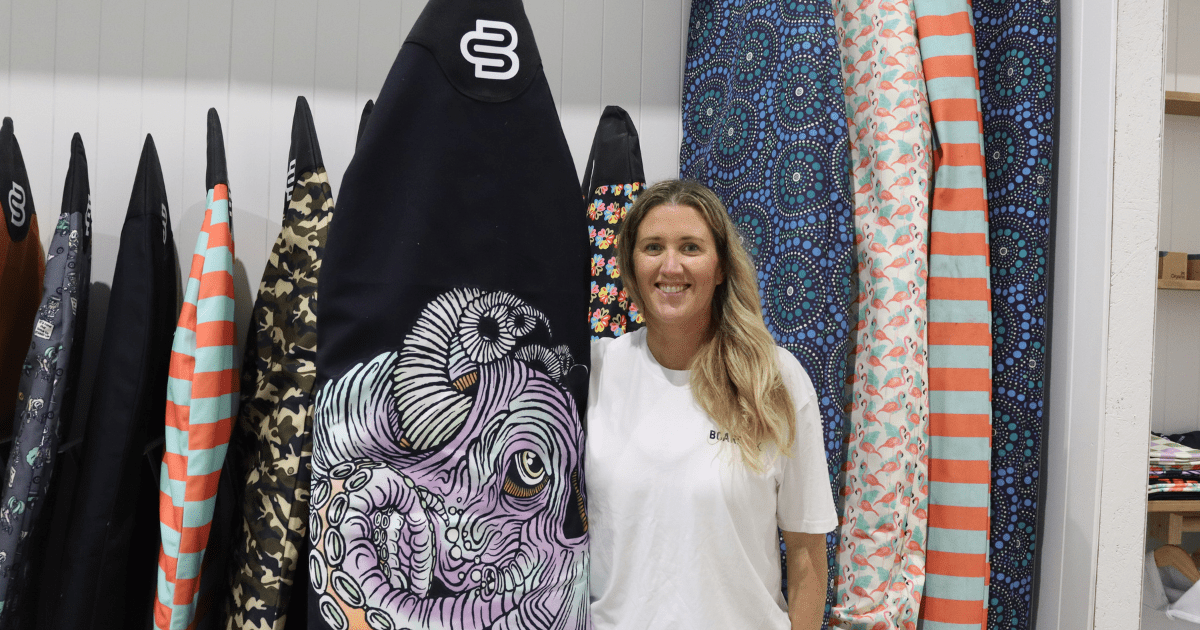Newborn screening expanded

The Newborn Bloodspot Screening Program now tests for 29 uncommon conditions. Photo: FACEBOOK/MURDOCH CHILDREN'S RESEARCH INSTITUTE - MCRI
Victorian newborns will now be screened for two additional rare but serious health conditions, helping to identify babies at risk of developing illnesses and making sure they get the lifesaving treatment they need sooner.
Last week, the Victorian government announced the Newborn Bloodspot Screening Program would now test for spinal muscular atrophy (SMA) and severe combined immunodeficiency (SCID).
Commonly referred to as the heel prick test, the addition of SCID and SMA will see the program test babies for 29 uncommon conditions.
In Victoria, it is estimated two babies per year will be born with SCID and eight babies a year will be born with SMA.
Weakening the immune system, SCID affects the body’s ability to fight infections due to compromised white blood cells, but early diagnosis and stem cell treatment before three-and-a-half months can be lifesaving.
Identifying newborns with SCID will enable access to a new gene therapy trial delivered by the Murdoch Children’s Research Institute and announced by the Victorian government in 2023.
SMA is a serious disease-causing progressive muscle wastage and weakness that is life threatening without treatment.
While there is presently no cure, early intervention and new treatments are improving outcomes.
Premier Jacinta Allan and Minister for Medical Research Ben Carroll visited the Murdoch Children’s Research Institute to make the announcement.
“No parent wants to even think about their child being sick, but newborn screening means babies with serious health conditions get the very best care for the very best chance in life,” Ms Allan said.
The Victorian government says it has invested more than $1 million to roll out the additional screening, including adding congenital adrenal hyperplasia (CAH) to the program last year.
CAH is a serious but treatable condition that affects the production of hormones. If caught early, babies who receive proper treatment can lead full lives.
The program is offered to the parents of all newborns within their first 72 hours of life, at no cost.
In 2023, more than 73,000 Victorian newborns were screened.
Newborn bloodspot screening began in Victoria in 1966, with more than 3.6 million babies screened to date.
Of these, one in 1,000 are found to have a rare, but serious condition such as congenital hypothyroidism and cystic fibrosis.
“Newborn babies will now be tested for 29 rare but serious conditions at no cost, giving parents peace of mind and ensuring babies that do need early treatment receive it from the very beginning,” Mr Carroll said.

















